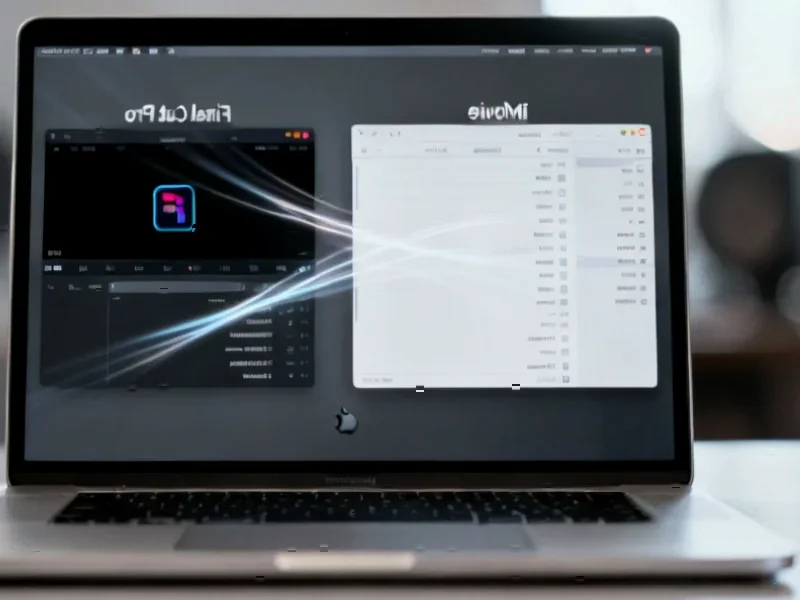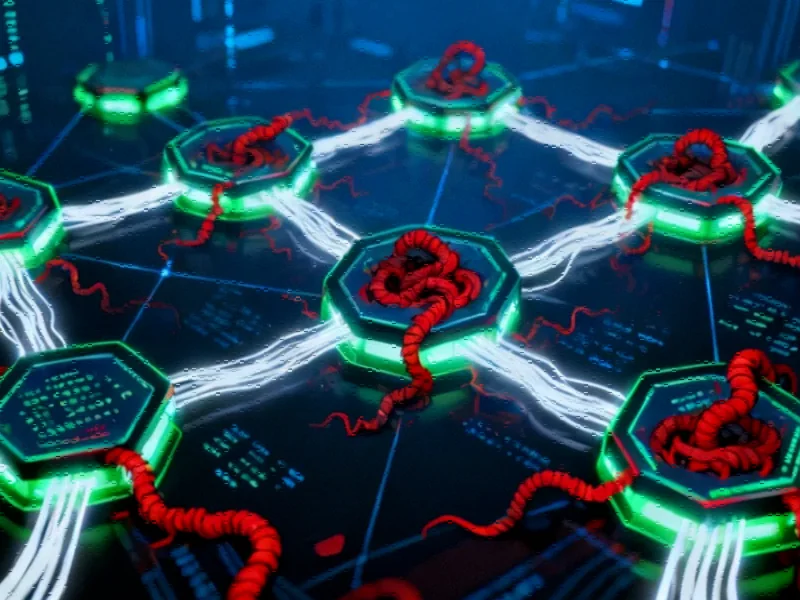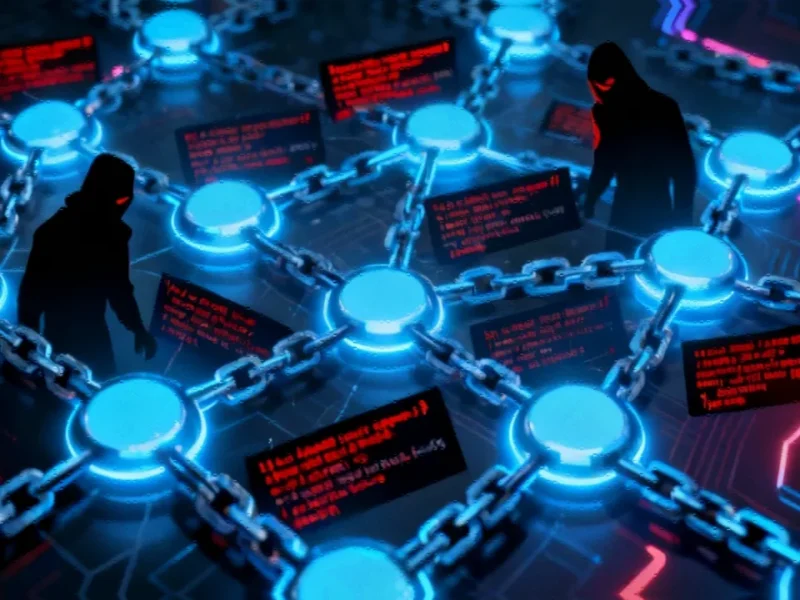The crypto industry’s foundational ‘code is law’ principle is facing mounting pressure as security breaches and legal challenges highlight the limitations of purely automated enforcement. According to industry analysts, this philosophical tension represents a critical obstacle to broader institutional adoption. Recent high-profile incidents and ongoing legal battles suggest the industry may need to embrace more traditional investor protections.
As cryptocurrency continues its march toward mainstream adoption, the industry’s foundational “code is law” principle is facing its toughest test yet. A new documentary and several high-profile legal cases are highlighting the growing tension between blockchain purists and the practical realities of financial markets.
The documentary “Code is Law,” currently available on major streaming platforms, examines how this philosophical stance plays out during major security breaches. Sources indicate the film focuses on two significant incidents: the 2016 Ethereum DAO hack that saw $160 million compromised, and a more recent attack on Indexed Finance.








